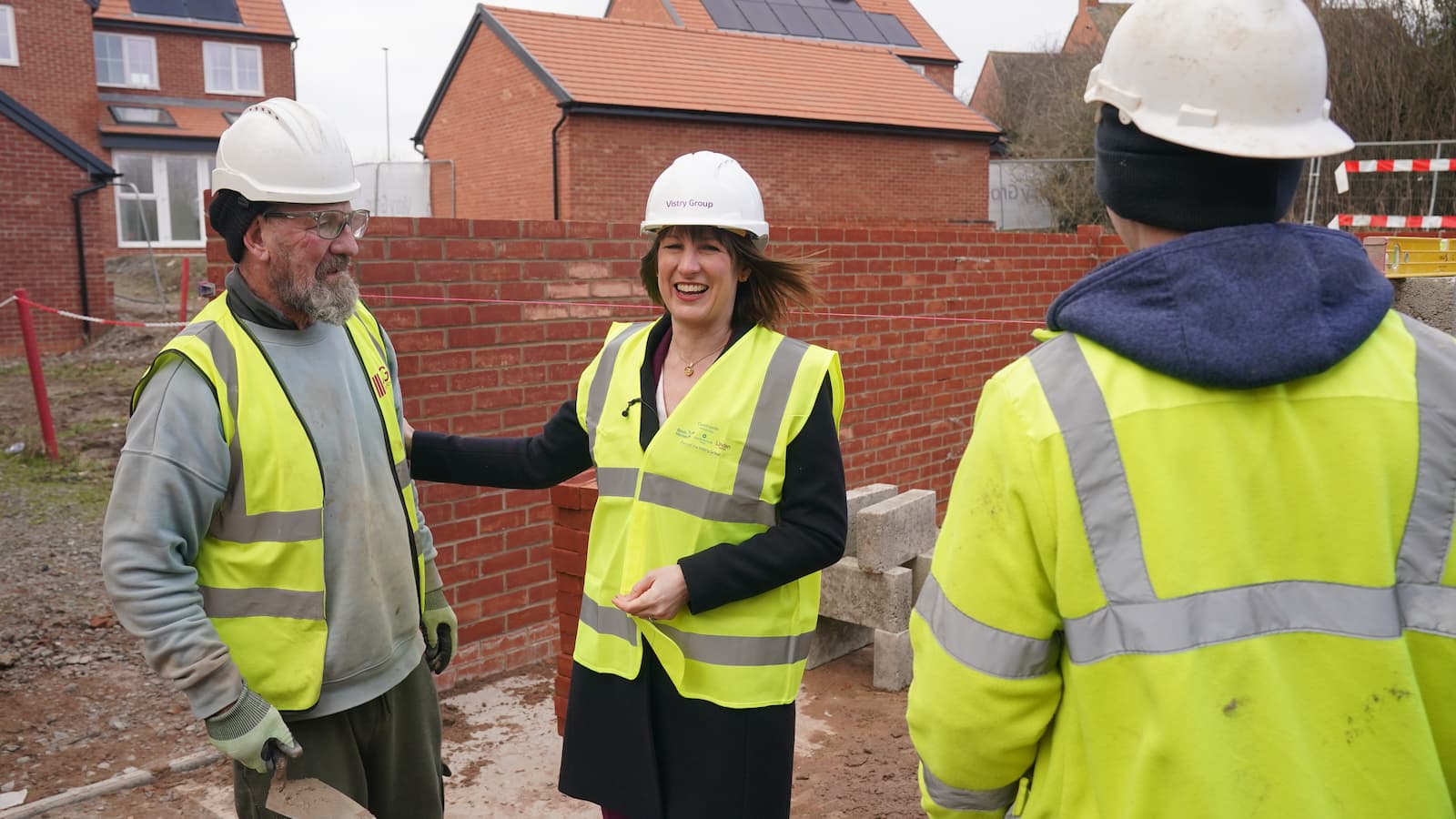The new planning reforms that could help self-builders fix Britain’s broken housing market
Is the government shifting power away from big builders to local people?

Bring your dream home to life with expert advice, how to guides and design inspiration. Sign up for our newsletter and get two free tickets to a Homebuilding & Renovating Show near you.
You are now subscribed
Your newsletter sign-up was successful
The UK government’s new Planning and Infrastructure Bill, expected to come into force by late 2025, promises major changes to how housing is delivered in England.
The aim is to reduce delays, make it easier to get permission for new homes, and support smaller builders, including people who want to build their own homes.
These reforms could finally give self-builders a bigger role in fixing Britain’s long-standing housing shortage.
More land, more money: A new opportunity for self-builders

One of the main problems for self-builders today is access to land and finance. Even though more than 50,000 people in England are registered as wanting to build their own homes under the Right to Build scheme, only a small fraction ever find a plot or get funding.
Under the new Bill, the government has committed to supporting self-build and custom housebuilding through a new £16 billion National Housing Bank, delivered through Homes England. This bank will offer low-interest loans, guarantees and investment to help both individuals and small builders get projects off the ground.
Andrew Baddeley-Chappell, CEO of the National Custom and Self Build Association (NaCSBA), said: “There is huge public interest in self-build and custom-build housing. These reforms finally recognise that people want more control over their homes and that they are ready to do the work if given the tools. Planning reform and access to land are essential to help this part of the market grow.”
The Bill also gives more powers to Development Corporations - public bodies that can fast-track land development and planning permission. These could be used to release land for self-build homes in areas where councils have struggled to deliver new homes.
Bring your dream home to life with expert advice, how to guides and design inspiration. Sign up for our newsletter and get two free tickets to a Homebuilding & Renovating Show near you.
Planning made simpler, but only if councils can cope
The new law will also simplify planning rules, especially for large and strategic developments. It will reduce paperwork, cut down on legal challenges and set clearer timelines for local authorities to make decisions.
The hope is that this will reduce the huge delays that currently stop many projects before they begin.
However, several experts have warned that planning reforms will only work if councils have enough staff to deal with planning applications. Right now, there is a serious shortage of planning officers across the country.
Victoria Hills, Chief Executive of the Royal Town Planning Institute (RTPI), said: “Our members are deeply committed to delivering homes and infrastructure, but many planning departments are underfunded and overstretched. The Bill must be backed with resources to make sure these changes can actually be delivered on the ground.”
To help, the government says that local planning authorities will now be able to keep more of the planning fees they collect - money that must be spent on hiring planners and improving services.
Big builders still dominate so can self-build really compete?

One of the goals of the Planning and Infrastructure Bill is to reduce the country’s over-reliance on a small group of large housebuilders, who are often criticised for slow delivery, poor design and prioritising profits over communities.
In June, Lord Best, a housing expert and crossbench peer, said in the House of Lords: “The big builders have failed to deliver the quality or quantity of homes we need. We are relying on an oligopoly. This Bill could open the door to a different way of building homes - one that includes smaller firms and self-builders.”
But there are concerns about how this will work in practice. Some fear that new powers, like letting councils raise their own planning fees, could make it harder for individuals or small developers to compete.
Rico Wojtulewicz, of the National Federation of Builders, warned: “If planning fees go up without real reform, small builders could be pushed out. This would go against the spirit of the Bill, which is supposed to level the playing field.”
So while the reforms are meant to support diversity in the housing market, the way they are implemented will be key.

News Editor Joseph has previously written for Today’s Media and Chambers & Partners, focusing on news for conveyancers and industry professionals. Joseph has just started his own self build project, building his own home on his family’s farm with planning permission for a timber frame, three-bedroom house in a one-acre field. The foundation work has already begun and he hopes to have the home built in the next year. Prior to this he renovated his family's home as well as doing several DIY projects, including installing a shower, building sheds, and livestock fences and shelters for the farm’s animals. Outside of homebuilding, Joseph loves rugby and has written for Rugby World, the world’s largest rugby magazine.
